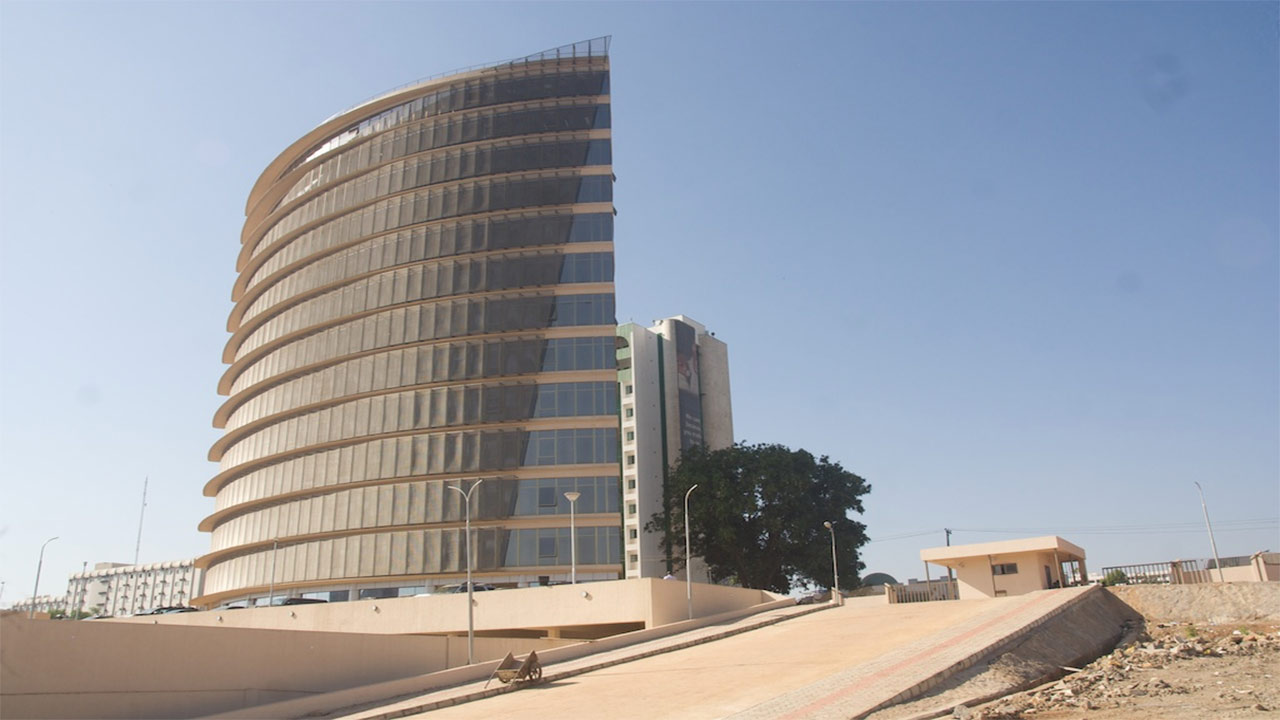In an effort to ensure that a large portion of the 33.33 percent unemployed Nigerians earns a living despite Nigeria’s weak new job creation, Omobobola Popoola has put together a list of legitimate online businesses that both graduates and undergraduates Nigerians can engage in.
For a long time, the world has been referred to as a global village. This is due to the daily increase in the development of new technology as well as the usage of existing ones. Since the invention of the mobile phone, technology has only continued to advance.
The introduction of the internet has advanced the world much faster than would be expected. The traditional business is conducted offline, with transactions taking place physically. The integration of business with the internet has been met with success rates that almost mirror the rates of some physical businesses.
The arrival of the COVID-19 pandemic in March 2020 revolutionized the business space, moving some physical businesses online and further boosting some already-online businesses during the lockdown period.
In Nigeria, there is a stigmatization that comes with online business dealings. A lot of people think about internet fraud whenever they think about jobs that concern the internet or technology. This article will present some online businesses in Nigeria which are legitimate, and can also help the owner earn a good living at least in Nigeria.
Some of these businesses are:
-
Blogging
This is one of the most online ventures one can involve themselves in, in Nigeria. The very first, most important skill to have when preparing to start blogging is the writing skill. You must be able to convey information to your readers in a way that can evoke emotion and interest terribly.
Content needs to be updated to your blog regularly, to keep it relevant and to continue generating traffic to the site. To start, you may not need a lot of capital. Capital in the blogging space usually involves the money paid to secure your own site in your domain name. However, when starting the blog you can decide to use outlets like WordPress to gather enough attention and rake in income.
Blogging income usually comes from promotion for other sites and brands, who have noticed the huge amount of traffic which your blog generates. As the blog grows, you can begin to charge higher and higher for promotions. Some bloggers are paid millions of naira for promotions which could last a week, days or even hours.
-
Online Advertising Agencies
In Nigeria, as the general online presence increases so does online advertising. So many businesses are seeking to take advantage of the online space to put their businesses “out there”. This is majorly to leverage the extremely huge community of internet users and successfully market their products.
There are different ways through which online marketing can be done, through blogging, affiliate marketing, etc. Some brands may however be unwilling to use these platforms, due to their existing reputation or simply due to preference.
You can set up your own advertising agency, with a big or small team of people who create content and analyse trends, making millions of Naira from the business. The charge may be higher than blogs however, because an advertising agency usually does more focused advertisement.
-
Sell Art Online
In recent years, art has gotten much more recognition in this part of the world than it had before. Different forms of art have their own audiences, who would be willing to pay good money for the works of art which they like.
If you paint, make music or take pictures, you can sell your work online. Digital and physical art pieces can be sold through online means, and these are usually worth quite a lot of money.
You can make a physical painting and market it through online platforms, or create digital art with some specialized software and sell off the rights to that art through those online platforms. If you are involved in music and music production, you can sell beats, lyrics, songs as digital products. Art is highly valuable and is a very good source of income in the online space.
-
Become a Freelancer
While freelancing is not the most innovative online business idea, it is still a great choice with a low hindrance to those interested in entering into it. Freelancing is most commonly related to writing, but it also can be open to developers and graphic designers. As a freelancer, your skills will be put to use helping people around the world while also earning money (even in foreign currency, which is lucrative as long as you live in this country).
One advantage of freelancing is that you can work at your own pace, picking projects that you know you can handle and not biting more than you can chew. If you have a daily job which does not take up much of your time, you can be a freelancer by the side and have two sources of income.
-
Be a Social Influencer
The sheer popularity of apps like Twitter and Instagram in Nigeria makes the influencer market more attractive than most business ventures. Even though customers are being more market-savvy, the influencer business is still up for grabs.
If you have and maintain a strong social media presence on either app, brands can approach you to help market their products. Influencers can sometimes have areas of specialization too. If you are a photographer whose pictures or a content creator whose stories usually draw a lot of engagement, you can qualify for the influencer position. This is because the content on your social media page is enough to draw users to you.
Influencing is not only limited to Twitter and Instagram, however. With the introduction of the new social media platform TikTok, there has been a huge boom in creators of short video content. Some of those who are very popular on the app are approached by some brands to advertise their products in their video content.
Platforms like YouTube and Facebook are not excluded from the social influencing business. Facebook users with a lot of engagements and many friends could be employed by brands to promote their products in posts. Popular YouTube channels could also be approached to carry out direct endorsements of products in their videos, and both would get paid (with the pay varying depending on the brand they are marketing).
-
Affiliate Marketing
This is yet another marketing-related opportunity in the online space. Affiliate marketing is when you officially endorse a product by sharing it on your email list, your blog, your social media pages, or other means. Whenever someone clicks your special referral code or link, you earn a commission from the brand whose product you are advertising.
Some companies have special programmes for affiliate marketing, and encourage people to join them. Once you have signed up to these programmes, you start sharing the referral link or code. You can do this creatively by creating content to accompany the product and the producer, while adding the link.
Ensure that your content touches upon how good the product or service you’re promoting is, but make sure that you do not overload the readers with advertisements. This could very easily throw them off your work.
-
Paid Online Surveys
Marketers usually pay individuals as much as $300 per day to fill surveys in person. However, with the direction the world is taking now (coronavirus and its aftermath), these marketers are turning to the online space for these paid surveys. While these online surveys may not pay as much as the physical surveys, doing enough of them means you’ll get paid more. It would also be easier, as it is something you can do from the comfort of your own home.

 Naira4 weeks ago
Naira4 weeks ago
 News3 weeks ago
News3 weeks ago
 Education4 weeks ago
Education4 weeks ago
 Social Media4 weeks ago
Social Media4 weeks ago
 Technology4 weeks ago
Technology4 weeks ago
 Dividends4 weeks ago
Dividends4 weeks ago
 Investment4 weeks ago
Investment4 weeks ago
 Economy4 weeks ago
Economy4 weeks ago



























